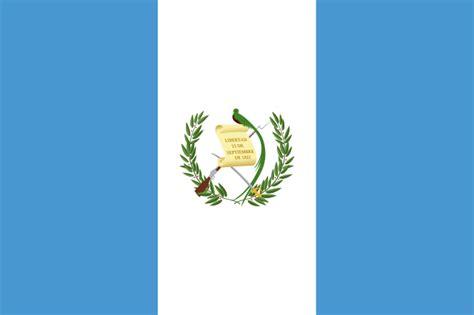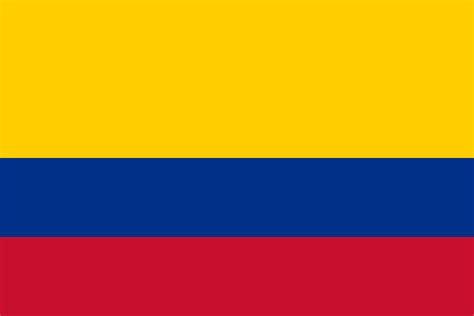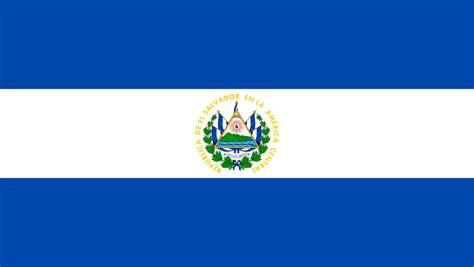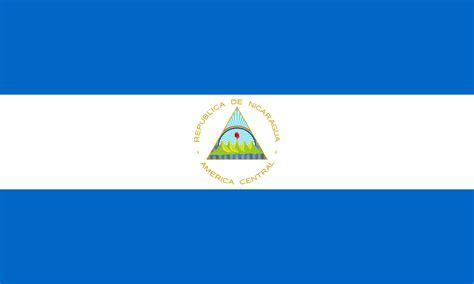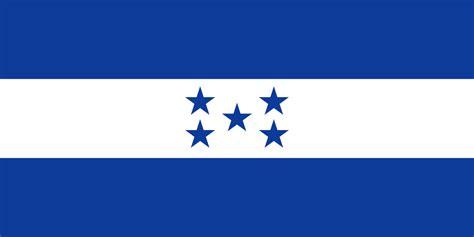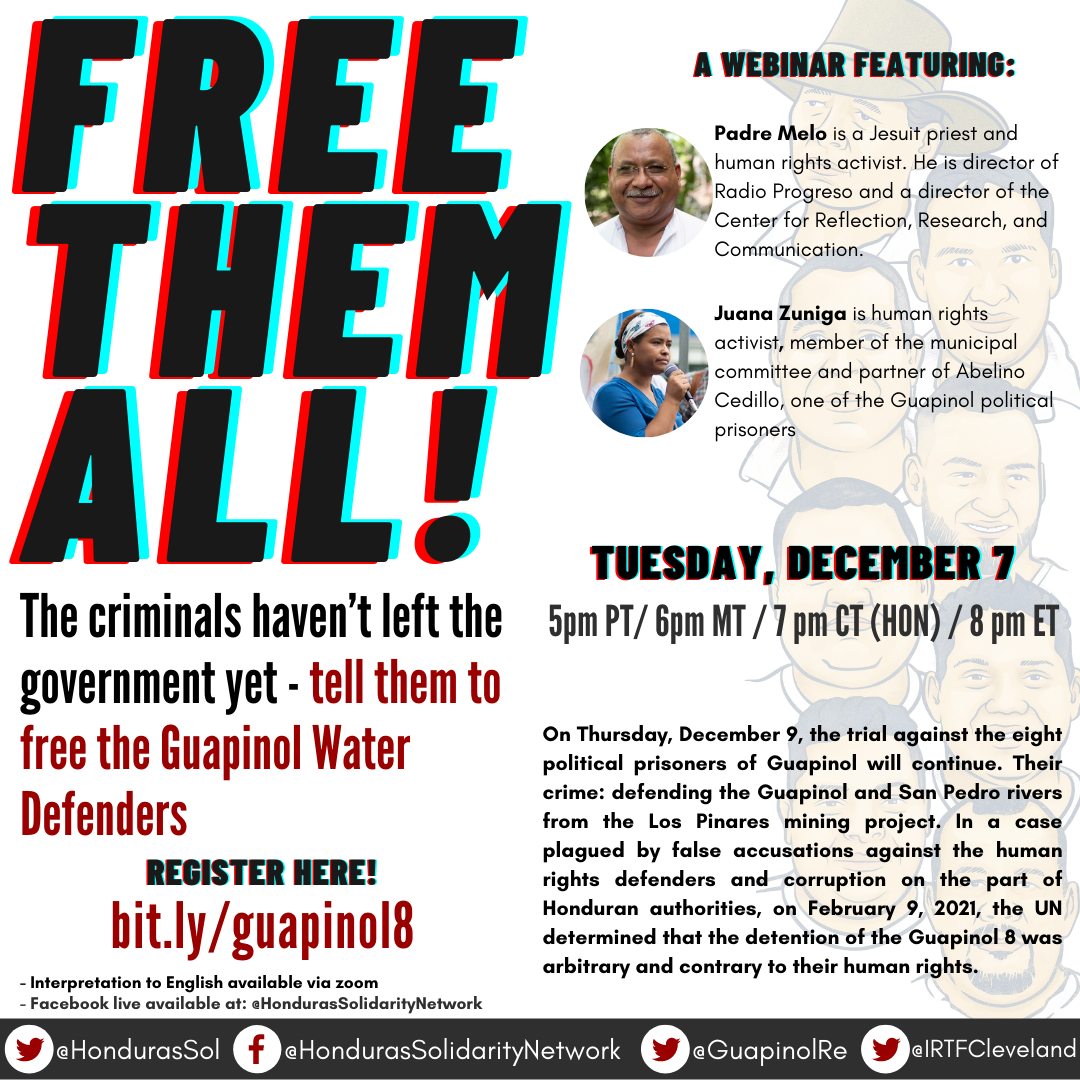U.S. human rights, faith, labor, environmental, and grassroots organizations sent a letter to Secretary of State Antony Blinken regarding their deep concern with the human rights and humanitarian situation in Colombia. We believe the Biden Administration should take firmer action to fully protect and implement the accords, particularly with respect to the rights of Colombia’s ethnic minorities, police brutality, and the right to peaceful protest. The letter outlines a series of actions the State Department can take to ensure coordinated diplomacy for forward momentum on peace accord implementation, human rights, and racial justice. This includes pressing for protection of human rights defenders and for full implementation of the accords’ comprehensive rural reforms, Ethnic Chapter, and gender provisions. The letter also urges the State Department to take a much stronger stance regarding police brutality and human rights abuses by Colombia’s military. The Biden Administration must immediately mobilize a range of government agencies to rescue Colombia’s long sought-after and waning peace.
- Home
- About Us
- Issues
- Countries
- Rapid Response Network
- Young Adults
- Get Involved
- Calendar
- Donate
- Blog
